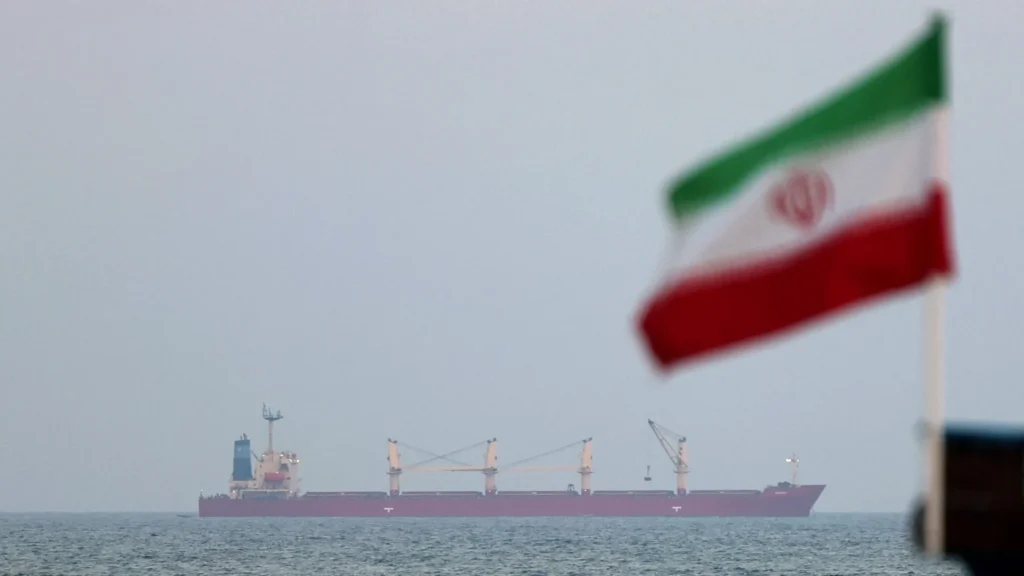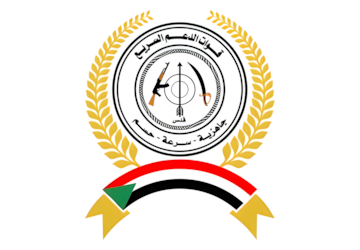
Pasha Tabiq, a senior advisor to the commander of Sudan’s Rapid Support Forces (RSF), has said that the fall of Syrian President Bashar al-Assad’s regime would deal a major blow to Iran’s influence in the Middle East.
He described Assad’s regime as a linchpin of Iran’s so-called “axis of resistance,” connecting the Iranian Revolutionary Guard Corps (IRGC) with allied militias in Syria and Lebanon.
In a post on X, formerly Twitter, Tabiq accused the IRGC of acting as the “de facto ruler” of Syria, employing what he described as brutal tactics to suppress the Syrian population. He argued that the Assad regime’s collapse would force Iran to recalibrate its regional strategy, with Sudan’s Port Sudan emerging as a key alternative for Tehran.
Port Sudan’s Strategic Role
Tabiq suggested that Iran views Port Sudan, situated along the Red Sea, as a crucial foothold to maintain influence in the region. He claimed the Iranian regime could exploit Sudan’s internal strife—specifically, the RSF’s conflict with General al-Burhan’s forces (SAF)—to offer military support in exchange for access to strategic locations.
“The Iranian Revolutionary Guard has historically leveraged its relationship with the Sudanese Islamic Movement, dating back to the 1990s, despite periodic tensions during Omar al-Bashir’s rule,” Tabiq wrote. He alleged that Port Sudan had previously provided Iran with logistical hubs, enabling it to coordinate activities between Yemen’s Houthi rebels and Lebanon’s Hezbollah. According to Tabiq, this network aims to project power across the Red Sea and counter Israeli influence in the region.
Allegations of Military Assistance
Tabiq further claimed that Iran has been supplying Port Sudan with weaponry, drones, and military experts. He pointed to the reported presence of Iranian advisors in Port Sudan and at the Wadi Sayyidna base as evidence of growing military cooperation.
“This dangerous alignment poses a direct threat to the security of the Red Sea and its littoral states, especially Saudi Arabia,” Tabiq stated, accusing Tehran of destabilizing the region to expand its geopolitical reach.
Context and Historical Ties
Sudan has had a complex relationship with Iran, marked by periods of collaboration and estrangement. Under al-Bashir’s rule, Sudan hosted Iranian warships and reportedly facilitated arms transfers to Palestinian groups. However, Sudan severed ties with Iran in 2016, aligning more closely with Saudi Arabia and other Gulf states. The ongoing civil conflict between the SAF and RSF has created a power vacuum, potentially enabling foreign actors like Iran to reassert influence.
Neither Iranian officials nor the SAF immediately responded to Tabiq’s claims. The situation underscores the geopolitical stakes in Sudan, where domestic instability risks spilling over into broader regional rivalries.




